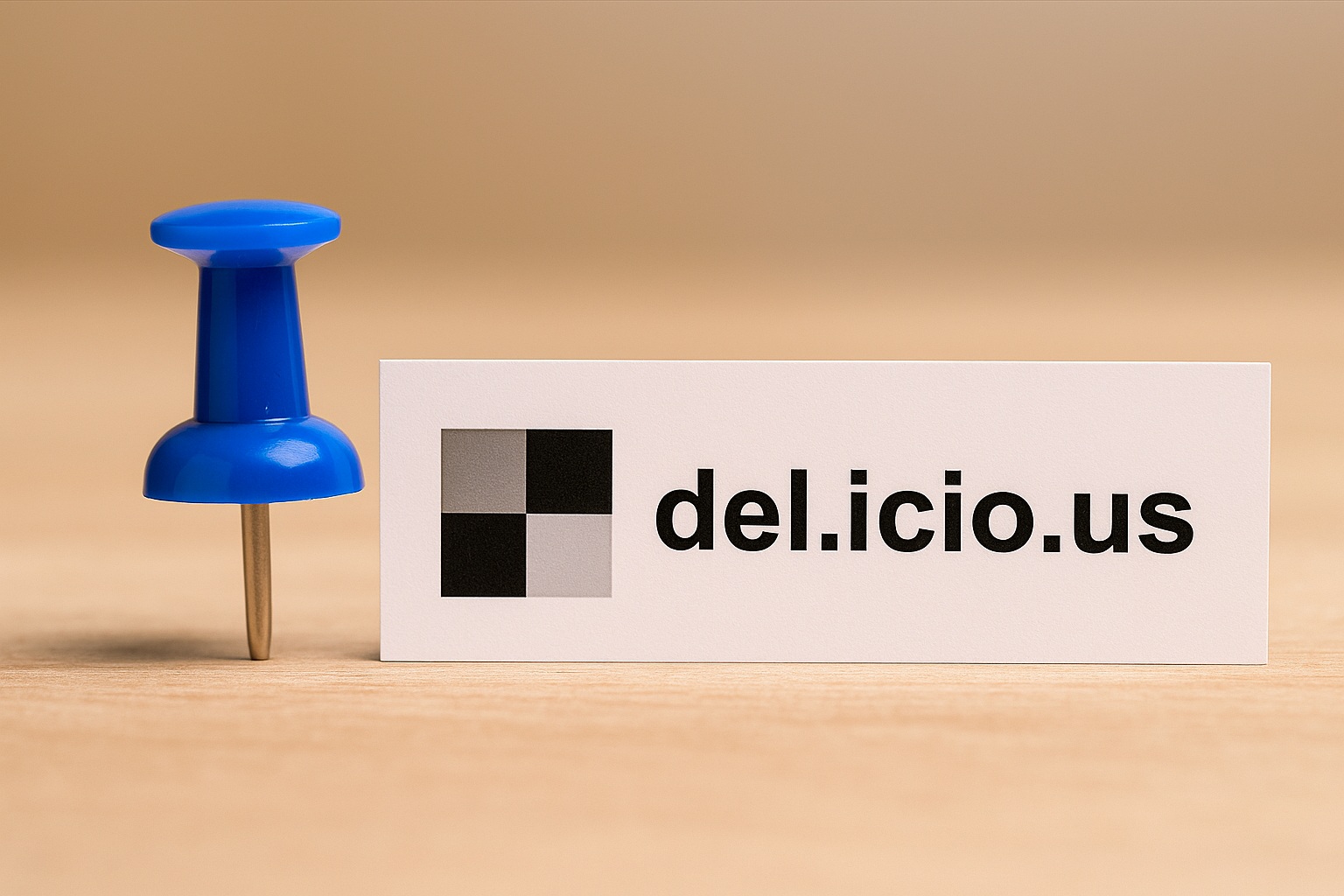Background
In late 2010, reports emerged that Yahoo planned to discontinue the social bookmarking platform Del.icio.us. The service, launched in 2003, let users store, tag, and share bookmarks online. Its tagging system offered a practical way to organize information across browsers and devices. This approach made it popular among people who wanted efficient methods to manage web resources.
Yahoo’s Strategic Changes
At the same time, Yahoo began reorganizing several of its web products. Along with Del.icio.us, services such as MyBlogLog, Yahoo Buzz, and AltaVista faced closure. These moves showed Yahoo’s shift away from its earlier collection of community and utility tools. The company aimed to refocus on products that supported its main business goals.
Reports of a Possible Sale
In early 2011, The Next Web reported that Yahoo might sell Del.icio.us to another bookmarking service for about five million dollars. Possible buyers included StumbleUpon, Google Bookmarks, Digg, and Evernote. Each alternative offered a different approach to organizing and sharing content. This development renewed interest in how social bookmarking could evolve after Yahoo’s ownership.
Transition to Other Platforms
During this time, many users started moving their bookmarks to other platforms. Google Bookmarks became a common choice because it integrated easily with other Google tools. It also allowed quick access from multiple devices.
Meanwhile, StumbleUpon and Digg focused more on sharing and discovery than on personal organization. Evernote offered broad note-taking and storage options, but some users found it less suited to simple bookmarking. The shift marked a wider trend toward cloud-based, interconnected services.
Browser Integration and Add-ons
As bookmarking habits changed, browser extensions became essential. Tools such as Shareaholic for Firefox let users share links across many services with one click. This included WordPress, Facebook, Twitter, Google Reader, and Gmail. Similar versions appeared for Chrome, Internet Explorer, Safari, Opera, and Flock. These tools simplified online sharing and helped users keep consistent workflows across platforms.
Legacy
The story of Del.icio.us reflects a turning point in web history. It marked the shift from independent bookmarking platforms to integrated cloud ecosystems. This change revealed how user behavior and corporate strategy influenced the growth of digital information management.
